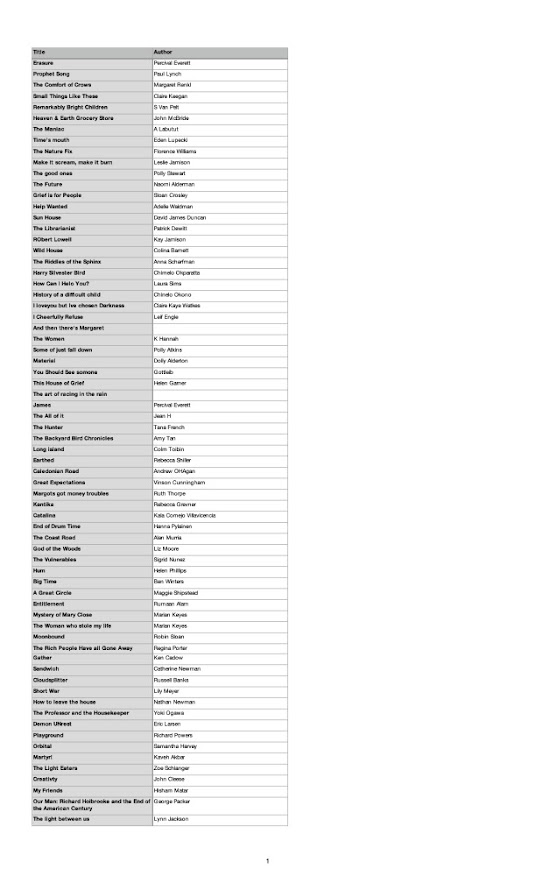Rob Reich, political scientist at Stanford, and colleagues Mehran Sahami and Jeremy Weinstein teach a class on ethics in computer science. One example they use in class is of an app fights parking tickets. A pretty basic AI system, the app helps drivers submit an appeal to the ticketing city. Lots of jurisdictions make "showing up for the hearing" the key moment of jurisprudence - hearings only occur if the driver goes through the hassle of appealing. For drivers, it's a matter of filing an appeak and attending just one hearing. For the cops who write the tickets, they may be part of dozens or more hearings each year, depending on how many tickets are issued and appealed. The appeals process is annoying enough that most drivers will just pay a ticket. But if they use the app to file their appeal, the work load shifts from the driver (who still must show up to the hearing) to the cop who issued the ticket.
The app helps a lot of folks get out of parking tickets.
Photo by Waldemar on UnsplashParking tickets are a public good problem. They are a way for cities to enforce parking rules, which one can hope are developed with an eye toward spreading the benefits of available space across the greatest number and type of users (drivers, store owners, pedestrians, shoppers, trucks making deliveries, etc). There is a public good involved - following the rules and paying into the shared pot (the fees to the city) when you don't.
So using the parking ticket app is not only a but of a cheat, it's a cheating of the public good for the benefit of a driver with a smart phone who wants to break the rules and not pay. Not a lot of sympathy for this app from the professors.
Today, I learned of a new app, that couldn't be a more timely twist on the conundrum of the parking ticket app. It's name gives it away - FightHealthInsurance.com. It's a website where you can file appeals when your insurance company (to whom you pay premiums, and co-pays, and out of pocket expenses, and co-insurance) refuses to pay for a procedure or pharmaceutical that your doctor has prescribed.
There's lots of private goods in here. Have you ever appealed to your insurance company? Its a pain, everyone apologizes, no one knows or will tell why things are being rejected, it pits people who are not medical doctors against systems filled with them, it can involve days on the phone, and - in the clearest sign they don't want you to do this - it requires faxing forms. The website uses your rejection letter and your insurance plan documentation to argue that the procedure should be covered - it's designed to help the individual. The individual who is already sick or they wouldn't be in this mess, who is paying the insurance company so it will cover medical expenses. The goal is to get coverage from the insurance provider. In the USA that insurance provider is a commercial company. Unlike the parking app, there is no role here for the public treasury, it's people versus insurance companies.
So, if the private individual wins their appeal and the insurance company loses, do we care? It's one tiny hit to their massive profits. We know the insurance companies use AI to deny their customers the very product they pay for. I find it hard to feel bad for the customer tossing a little AI right back at the company.
Is it fair? I'm sorry, have you not been paying attention? Nothing in the US is fair; certainly nothing related to insurance.
Is it fair that down the road this might raise insurance rates for other people? Really? The companies raise their rates every year for pure profit motives, what makes you think they would stop just because they had to honor a few claims they tried to reject? If its an AI v AI battle, and a person v a company, my preference is for the person's AI to beat the company's AI. For one thing, you can bet the company has the resources to keep finessing its AI to not get beat, whereas the person is sick, tired, and wrestling with paperwork. For a product they already paid for (insurance).
If more AI were tilted toward helping the little guy, I'd love AI a little more than I do (which is to say, I don't, because it's built by and for, centralized power).
TL;DR - we're about to live in a world where my bot fights company bots. This will be called the age of AI Agents. #Nonprofits - it results in bots v bots, do not engage, do not participate, step away from the computer keyboard and the bright shiny thing.




